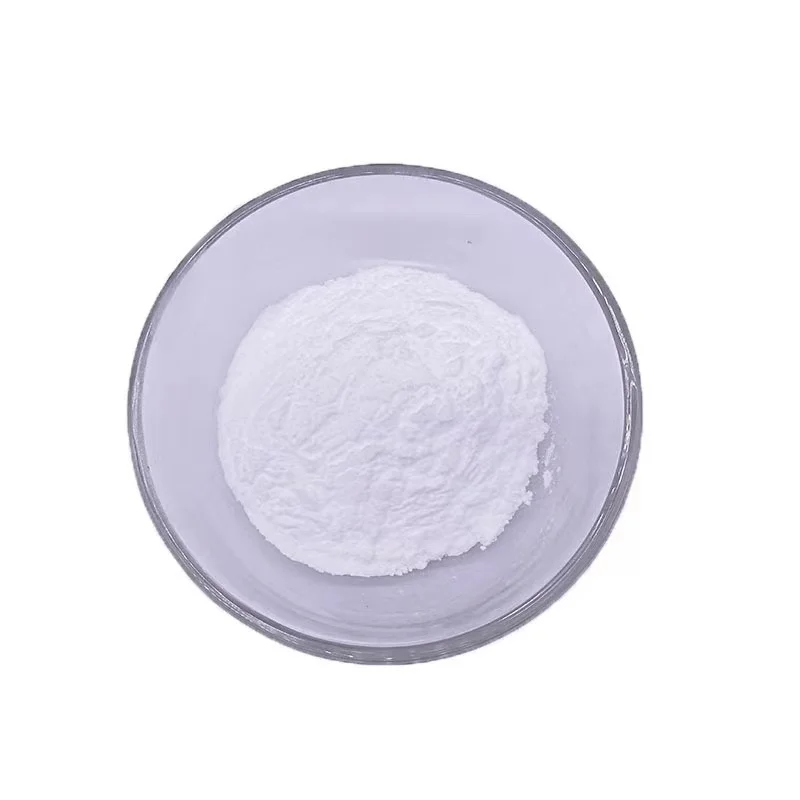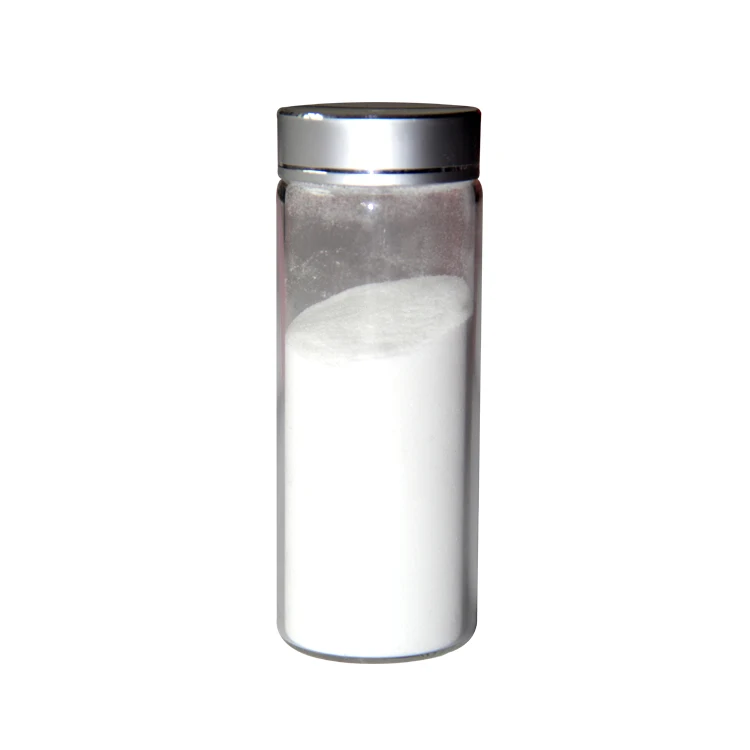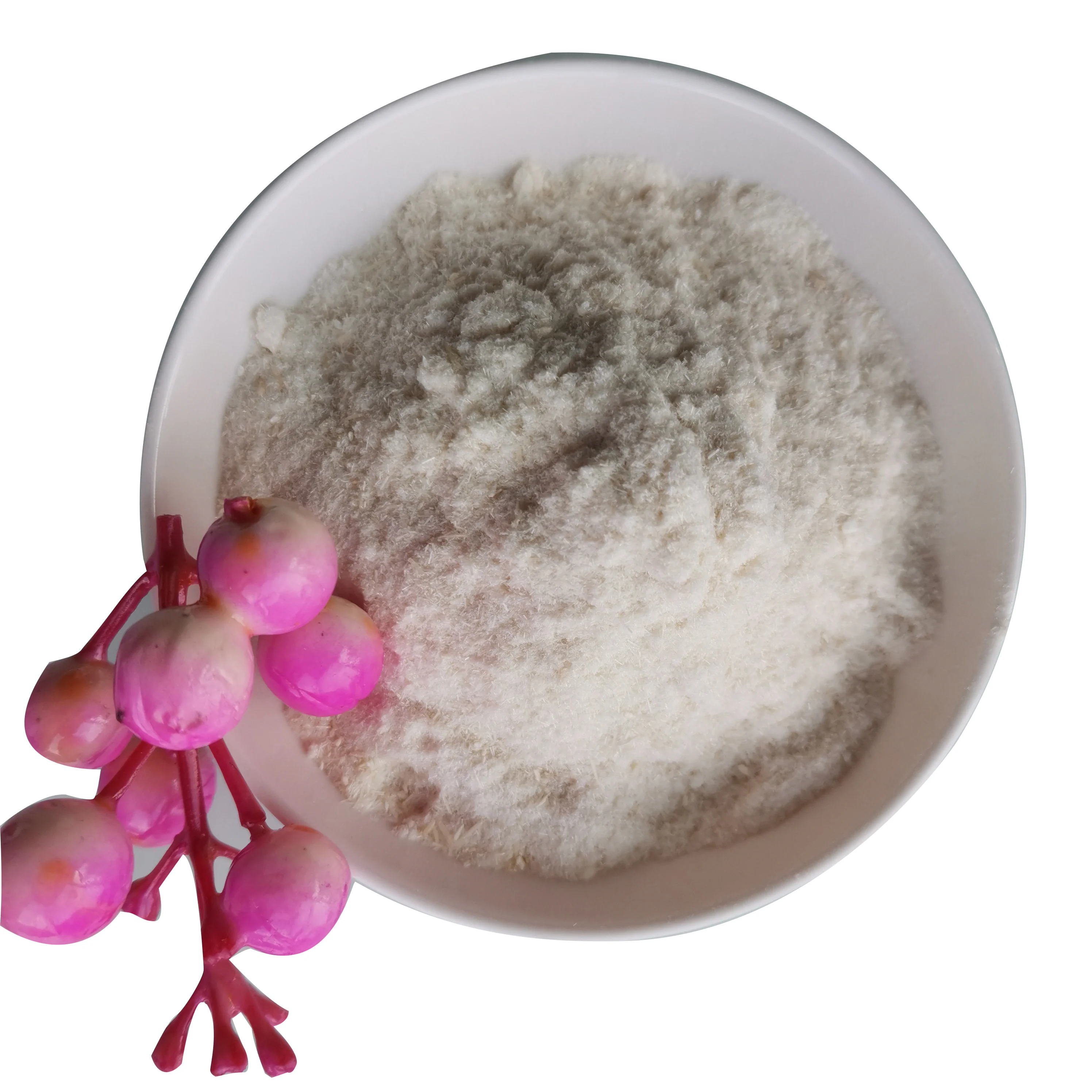Чистый Церамид косметического класса CAS
- Категория: >>>
- Поставщик: Qiu,County,Haolaixin,New,Material,Technology,Co.,Ltd
Поделиться:
Описание и отзывы
Трекер стоимости
| Месяц | Минимальная цена | Макс. стоимость |
|---|---|---|
| Sep-16-2025 | 0.97 $* | 0.26 $* |
| Aug-16-2025 | 0.16 $* | 0.58 $* |
| Jul-16-2025 | 0.88 $* | 0.86 $* |
| Jun-16-2025 | 0.29 $* | 0.16 $* |
| May-16-2025 | 0.15 $* | 0.48 $* |
| Apr-16-2025 | 0.58 $* | 0.34 $* |
| Mar-16-2025 | 0.4 $* | 0.85 $* |
| Feb-16-2025 | 0.71 $* | 0.81 $* |
| Jan-16-2025 | 0.86 $* | 0.62 $* |
Характеристики
Product Description
MAIN FUNCTION
Experimental studies have shown that ceramides play an important role in maintaining skin barrier function.
2.Bonding action
Experimental study shows that ceramide content is directly related to skin dryness. Ceramide can significantly enhance adhesion between keratinocytes, improve skin dryness and reduce skin desquamation.
3.Moisturizing effect
Ceramides have a strong ability to associate water molecules and maintain skin moisture by forming a network in the cuticle. Therefore, neurophthalide has the function of maintaining skin moisture.
4.Anti-aging effect
Ceramide can improve skin dryness, desquamation and roughness. At the same time ceramide can increase the thickness of cuticle epidermis, improve the ability of skin to hold water, reduce wrinkles, enhance skin elasticity, delay skin aging.
5.Cellular function
Experimental studies have shown that ceramide can regulate cell growth and variation, induce apoptosis and other cell functions.
MAIN APPLICATION
1.Chemical aspects
The use of activating essence cosmetics containing neurophthalide can strengthen the anti-aging function of skin, keep skin elastic, smooth and delicate, and reduce the formation of facial wrinkles.
2.Medical aspects
Ceramide plays an important messenger role in inducing biological effects of various cytokines, vitamin D3, Fas and CD28 ligands, and its role in mediating apoptosis has attracted increasing attention. Ceramide is also involved in many physiological and pathological processes such as cell differentiation. Ceramide can induce apoptosis in epidermal keratinocytes culture. Ceramide is the decomposition product of sphingomyelin in biofilm bilayer and is recognized as the second messenger. Ceramide plays a wide and important role in cell growth, proliferation, differentiation, apoptosis and injury.
3.Food industry
Some physiological functions of ceramide have been used to develop many health food, such functions as inhibiting blood pressure rise, activating immunity, blocking lipase activity, inhibiting cancer cell proliferation and so on. Plant-based ceramide products were commercialized in 1998. So far, the products are mainly functional drinks, nutritional supplements such as tablets and health food, but few products are actually effective.
The use of activating essence cosmetics containing neurophthalide can strengthen the anti-aging function of skin, keep skin elastic, smooth and delicate, and reduce the formation of facial wrinkles.
2.Medical aspects
Ceramide plays an important messenger role in inducing biological effects of various cytokines, vitamin D3, Fas and CD28 ligands, and its role in mediating apoptosis has attracted increasing attention. Ceramide is also involved in many physiological and pathological processes such as cell differentiation. Ceramide can induce apoptosis in epidermal keratinocytes culture. Ceramide is the decomposition product of sphingomyelin in biofilm bilayer and is recognized as the second messenger. Ceramide plays a wide and important role in cell growth, proliferation, differentiation, apoptosis and injury.
3.Food industry
Some physiological functions of ceramide have been used to develop many health food, such functions as inhibiting blood pressure rise, activating immunity, blocking lipase activity, inhibiting cancer cell proliferation and so on. Plant-based ceramide products were commercialized in 1998. So far, the products are mainly functional drinks, nutritional supplements such as tablets and health food, but few products are actually effective.
Specification
item | value |
CAS No. | 100403-19-8 |
Other Names | avocado ceramide recovery serum |
MF | C24H47NO3 |
EINECS No. | 309-560-3 |
Place of Origin | hebei China |
Appearance | powder |
Usage | Cosmetic Raw Materials, Detergent Raw Materials, Hair Care Chemicals, Oral Care Chemicals |
Brand Name | HLX |
Model Number | HLX- |
Product name | Ceramide |
Color | White Color |
MOQ | 1 Kg |
Shelf Life | 2 years |
Properties | Moisturizing ,Anti-Aging |
Packing & Delivery


25kg/bag
Company Profile



Qiu County Haolaixin New Material Technology Co., Ltd. is an industry and trade integration company, the company is located in Handan City, Hebei Province, China. Our company is a potential foreign trade company, specializing in the export of high quality chemical raw materials, polymer functional modified materials, cosmetics production raw materials, new composite materials. The company has a first-class technical team, advanced equipment, quality management, to meet the requirements of safety and environmental protection. We are committed to providing high quality products and perfect service to friends all over the world. Welcome customers from all walks of life to visit our company guidance, negotiate business!
FAQ
Q1. can you supply the free sample?
A1: Yes. it based on the different product.
Q2:Is there a discount?
A2: Yes, for larger quantity, we always support with better price.The more you order,the cheaper.
Q3:How about your delivery time?
A3:It usually takes 7 days. It depends on different Shipping ways.
Q4. What`s your payment terms?
A4: DA,TT,Western union and Money gram.
Q5:.How about the packing?
A5: Usually we provide the packing as 25kg bag/carton/drum. Of course, if you havespecical requirements on them, we will according to you.
A1: Yes. it based on the different product.
Q2:Is there a discount?
A2: Yes, for larger quantity, we always support with better price.The more you order,the cheaper.
Q3:How about your delivery time?
A3:It usually takes 7 days. It depends on different Shipping ways.
Q4. What`s your payment terms?
A4: DA,TT,Western union and Money gram.
Q5:.How about the packing?
A5: Usually we provide the packing as 25kg bag/carton/drum. Of course, if you havespecical requirements on them, we will according to you.
Похожие товары
Рафинированный глицерин
US $2170-$2220
Туалетное мыло лапша 8020 косметическое сырье
US $300.00-$500.00













